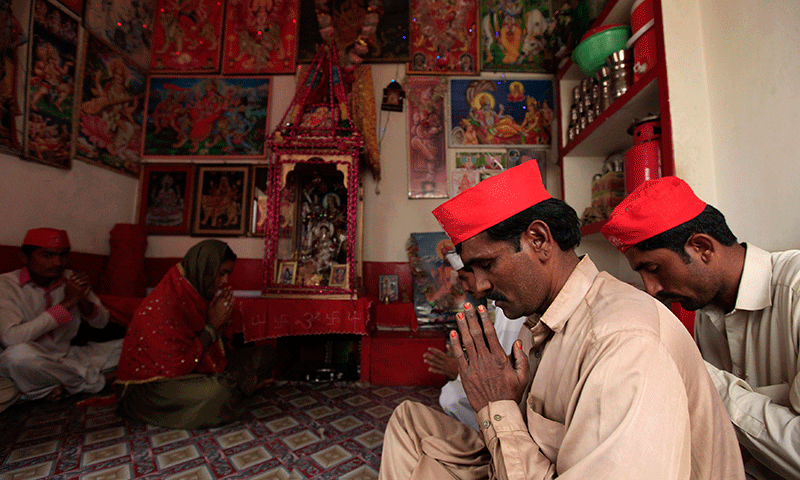New Rules On Using Internet For Religious Services Set To Take Effect

17.02.2022
Mandakini Jathavethan
Tibet and Human Rights Researcher,
Global Human Rights Defence.
On 20 December 2021, the Chinese Government had issued Measures for the Administration of Internet Religious Services for national security. Article 6 mandated an internet religious information service license to be able to publish any religious content through the internet. One of the conditions for being granted such a license is that the applicant should be a person or corporation with Chinese nationality, effectively eliminating all overseas entities or individuals functioning within China from disseminating religious information online. Another condition stipulates that the application should not have any criminal record. Given the numerous crackdowns in Tibet, this condition may appear discriminatory towards Tibetans.
Some exceptions are envisaged for online preaching by licensed religious organisations promoting social harmony and patriotism. Licensed religious colleges are allowed to teach their students. Overseas students must use a VPN to attend these trainings only after their identities were verified.
Alarmingly, Article 17 prohibits the broadcasting of “religious ceremonies such as worshipping Buddha, burning incense, receiving ordination, chanting, worship, mass, and baptism” (National Religious Affairs Administration). Among the ideals to be emulated by citizens when disseminating religious content online, Article 3 highlights socialist values central to the Chinese Constitution, omitting secularism. Curiously, this Article also speaks of “adhering to the direction of sinicizing religions” in the country. The National Religious Affairs Administration maintained that the internet was not "special zone for religious activities" or an "enclave of religious opinions" (China Christian Daily).
These Measures are set to take effect from 1 March 2022 (Article 36). It builds on existing restrictions on the Tibetan Autonomous Region such as the one issued on 24 November 2020 criminalising the usage of the internet or VPNs to “publish and spread information that distorts history, dilutes national consciousness, uses religious content, religious activities, etc. to attack the party and state policies, and slander the socialist system”.
The right to religious freedom and free speech and expression is protected by Articles 18 and 19 respectively, of the International Covenant on Civil and Political Rights. China signed this treaty on 5 October 1998, but has not yet ratified it.
Sources and further reading:
National Religious Affairs Administration (2021, December 20). “Administrative Measures for Internet Religious Information Services” Announced.
http://www.sara.gov.cn/qtldyw/364754.jhtml
Dolma, N. (2020, December 30). China declared more restrictive measures in occupied Tibet with tighter internet censorship: Tibetan Centre for Human Rights and Democracy. https://www.thetibetpost.com/en/news/132-tibet/6929-china-declared-more-restrictive-measures-in-occupied-tibet-with-tighter-internet-censorship-tchrd
Cui, M. (2022, January 20). NRAA Holds Press Conferece (sic.) on Administrative Measures for Internet Religious Information Services. http://chinachristiandaily.com/news/china/2022-01-20/nraa-holds-press-conferece-on-administrative-measures-for-internet-religious-information-services_11077
Global Times (2021, December 21). Overseas organizations, individuals not allowed to operate online religious info services within the Chinese territory: regulations. https://www.globaltimes.cn/page/202112/1242971.shtml


































